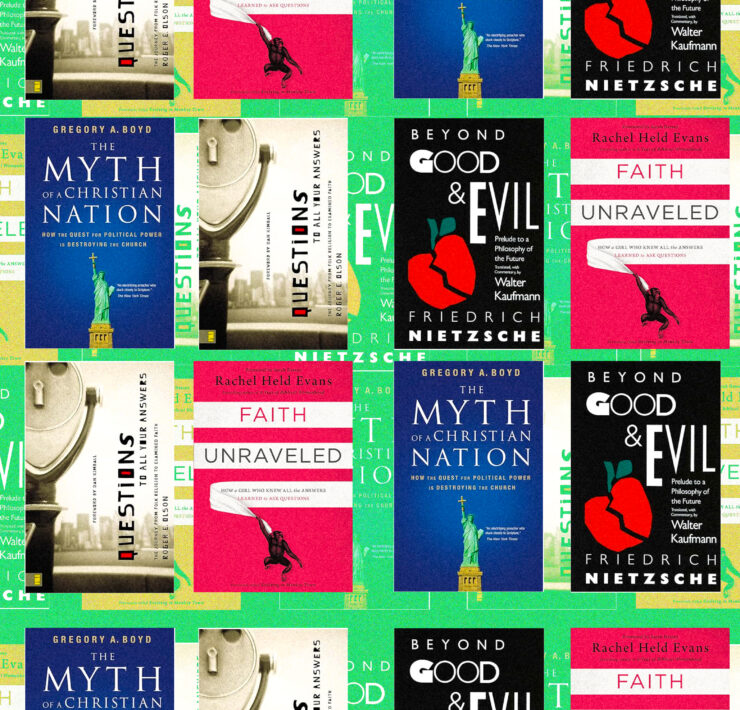
Over the weekend, NPR reported that President Joe Biden is considering sending thousands of troops to eastern Europe, where Russia is rattling its saber at the Ukrainian border. NATO is sending fighter jets and ships to the border. The UK also withdrew some of its embassy staff from Ukraine as precautionary measure in case …what exactly? It’s unclear what Vladimir Putin’s government is doing or even what it wants, but the situation is growing tense. Here’s what you need to know:
Why is Putin threatening Ukraine?
Why does Putin do anything? The man enjoys mind games, keeping his own cards close to the chest and the rest of the world on its toes. The New York Times quotes Fyodor Lukyanov, a Russian foreign-policy analyst who advises the Kremlin, who said: “The expert opinion that I can authoritatively declare is: Who the heck knows?” By keeping his motives hidden, he can plausibly declare success in a lot of different scenarios.
Well, why is the U.S. worried then?
Who’s worried? Are you worried?
Just kidding. Yeah, the U.S. is worried. The stated concerns are Russia establishing itself as an expansionist power in Europe and possibly encouraging other powers to invade their own democratic neighbors.
Is that a realistic concern?
Well, the immediate concern is Ukraine itself. Putin has been publicly smarting over the loss of Ukraine ever since the collapse of the Soviet Union, and the smaller nation has slowly grown less and less culturally connected to Russia and more and more Western. It’s getting some military aid from places like the U.S. and has expressed some interest in joining NATO maybe, someday.
Putin’s not a fan of that, and he’s demanding NATO promise to never admit Ukraine and calling on NATO to reduce the number of troops it has stationed in Eastern Europe. That’s a nonstarter for Biden.
So is Russia going to invade?
It’s just not clear. Putin has put a lot of troops near the border, but it doesn’t really look like they’re getting ready for war. Russia’s deputy foreign minister tried to throw cold water on any ideas of an invasion, saying, “We will not attack, strike, invade, quote unquote, whatever, Ukraine.”
Russia is big, but a Ukrainian invasion would be expensive in terms of both resources and lives. Kori Schake told The Atlantic that “Half a million Ukrainians have military experience; 24 percent of respondents in one recent poll said that they would resist Russian occupation ‘with a weapon in hand.’ Russia might succeed in taking Ukraine, but it is unlikely to hold it.”
In other words, the whole thing could be a big distraction.
But some experts do think Putin is spoiling for a fight, banking on the U.S. to stay out of an Eastern European conflict. There are a lot of unknowns here, and various experts have their own vested interest in reading the tea leaves certain ways.
What can Christians do?
The Church can be at the frontlines of this conflict urging for calm. Pray for peace. Violence is not a foregone conclusion here, and Christians can ask for God’s spirit to guide cooler heads to the front of the conversation.
Christians should always be wary of the war drums, since the Prince of Peace will be marching God’s troops to a very different beat.






















